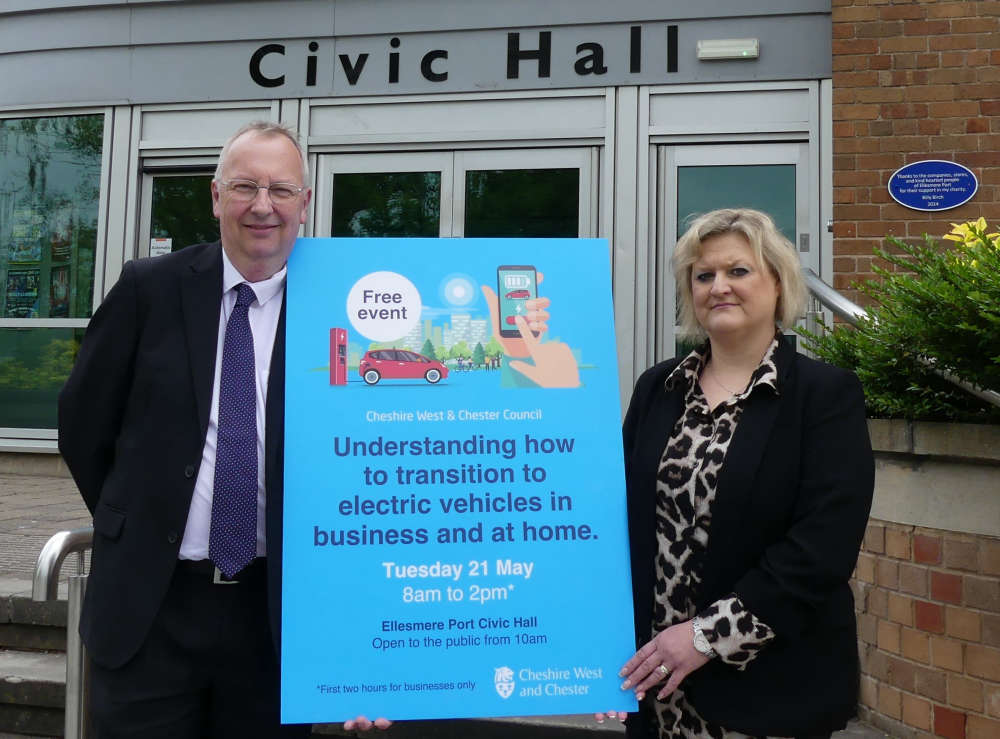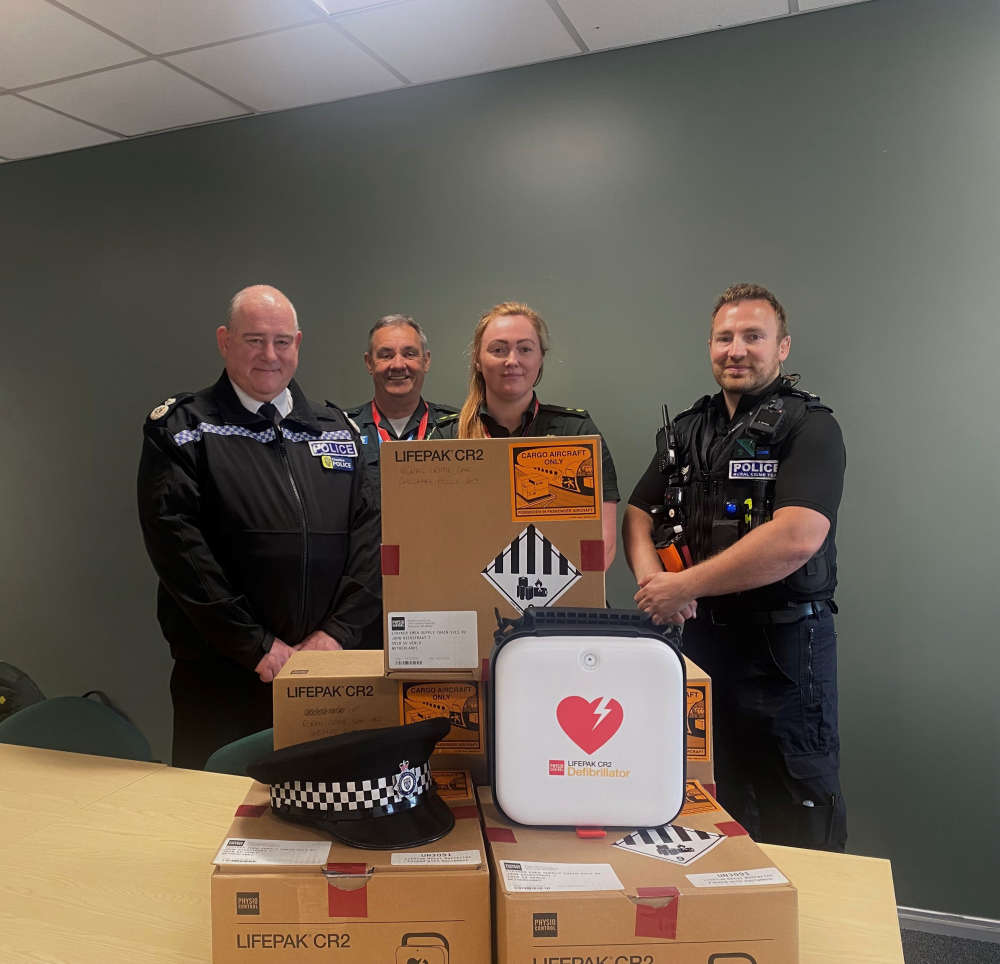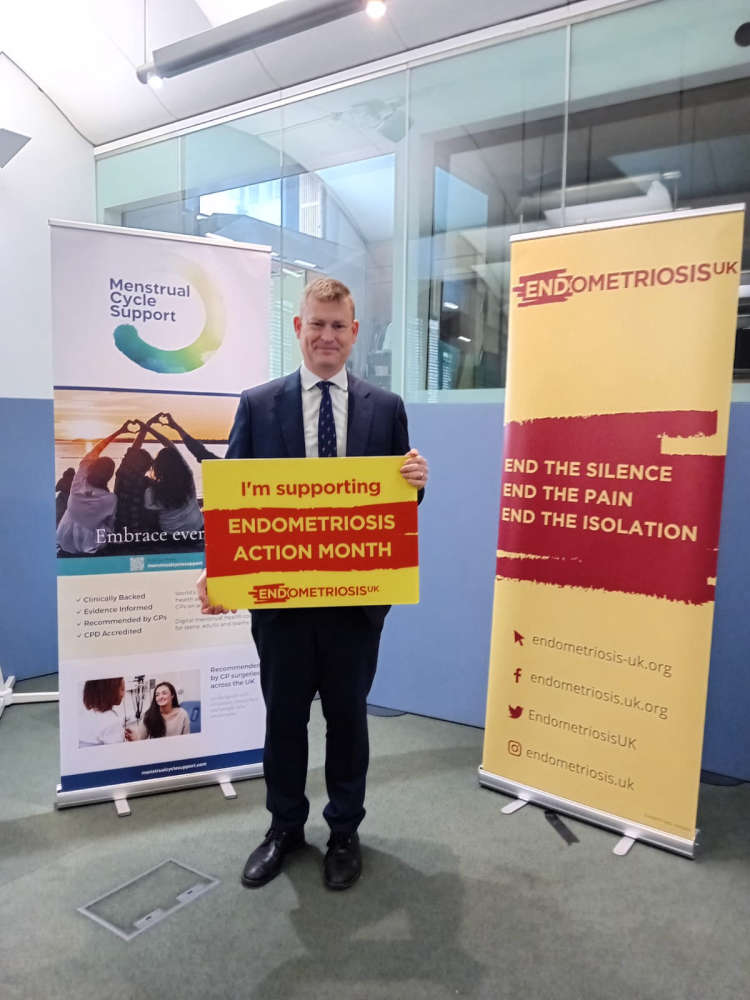
Experts at the University of Chester are encouraging everyone to make sure they get enough vitamin D during the COVID-19 outbreak.
We source vitamin D from sunlight, or from dietary sources such as oily fish, red meat and egg yolks. However, foods that are rich in vitamin D are not consumed to any great extent in the UK diet. Vitamin D deficiency has been described as a global public health problem, and between 30 and 40% of the UK population are classed as being vitamin D deficient during winter.
Associate Professor Sohail Mushtaq, from the Department of Clinical Sciences and Nutrition (who recently featured in the BBC programme, Inside the Factory), and PhD student, Stephanie Watkins, both felt that the current lockdown means ‘questions must be raised about whether the population is spending sufficient time outside to synthesise vitamin D.’ While ensuring we all adhere to government guidance on going outside, the authors refer to advice published by the NHS, advising people to consider taking a 10 μg vitamin D supplement every day. This is due to the fact that people may not be synthesising enough vitamin D from sunlight due to spending more time indoors. They also ask that people do not buy more vitamin D than they need.
Writing in the blog, they say: “Vitamin D has important roles in maintaining the health of our bones and a deficiency in vitamin D can lead to bone diseases such as rickets in children and osteomalacia in adults. The role of vitamin D in supporting our immune systems is well established and furthermore, data shows that optimal vitamin D levels may contribute to protection from respiratory infections.
“COVID-19, the disease caused by the coronavirus, is a viral respiratory disease. With the recent outbreak, some focus has shifted to whether or not optimal vitamin D levels may be protective against the virus. It is also notable that vitamin D deficiency is highly prevalent among ethnic minorities and elderly populations in care homes and these populations are also thought to be at increased risk of COVID-19. Currently, there is no published evidence of a protective effect of vitamin D against COVID-19. However, there are on-going trials which are aiming to elucidate any protective or treatment capabilities.”
Sohail and Stephanie conclude: “As trials begin to take place, some mechanisms may emerge. It is important that the general public are aware of the importance of adequate vitamin D intake for prevention of other diseases and that more people may be deficient due to the current lockdown measures in place.”
Pictured - Stephanie Watkins (image taken in 2019).

 Foster Wales Flintshire is calling on people to consider becoming foster carers
Foster Wales Flintshire is calling on people to consider becoming foster carers
 Cheshire West and Chester Council secures funding to decarbonise council housing
Cheshire West and Chester Council secures funding to decarbonise council housing
 Air quality improvements could see end of air quality management areas in Ellesmere Port and Frodsham
Air quality improvements could see end of air quality management areas in Ellesmere Port and Frodsham
 Protecting people from the sun
Protecting people from the sun
 Come and speak to North Wales Police
Come and speak to North Wales Police
 Supporting people on their journey to employment
Supporting people on their journey to employment
 Ian Puleston-Davies opens new staff wellbeing hub at Countess of Chester Hospital NHS Foundation Trust
Ian Puleston-Davies opens new staff wellbeing hub at Countess of Chester Hospital NHS Foundation Trust
 One week to the Council’s event to help you switch to electric vehicles
One week to the Council’s event to help you switch to electric vehicles
 Rural Crime Team equipped with mobile defibrillators
Rural Crime Team equipped with mobile defibrillators
 New online hub for the Dee Estuary
New online hub for the Dee Estuary
 Chester and Wirral Football League - Latest Results
Chester and Wirral Football League - Latest Results
 Is being a wholetime firefighter the job for you?
Is being a wholetime firefighter the job for you?
 RISING YOUNG MUSICAL THEATRE STAR SET TO JOIN CHESTER CHOIR AS SPECIAL GUEST
RISING YOUNG MUSICAL THEATRE STAR SET TO JOIN CHESTER CHOIR AS SPECIAL GUEST
 CHESHIRE WOMEN’S CRICKET LEAGUE - LATEST RESULTS
CHESHIRE WOMEN’S CRICKET LEAGUE - LATEST RESULTS
 Local MP has pledged support for those suffering with endometriosis
Local MP has pledged support for those suffering with endometriosis
 Make History: Build a Future Free From Homelessness
Make History: Build a Future Free From Homelessness